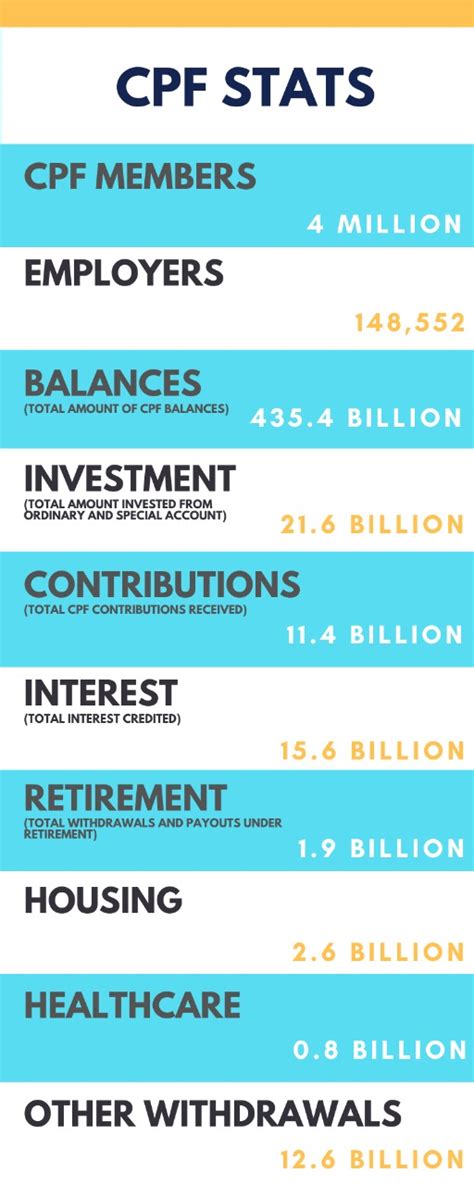Introduction
Determining the optimal daily calorie intake is crucial for maintaining a healthy weight and supporting overall well-being. While general guidelines exist, individual calorie requirements vary significantly based on a range of factors, including age, gender, activity level, and metabolic rate. This article aims to provide a comprehensive guide to calculating personalized calorie needs, empowering individuals to make informed decisions about their nutritional intake.

Factors Influencing Calorie Needs
Age: Calorie needs generally decline with age due to reduced muscle mass and basal metabolic rate (BMR), which is the number of calories burned at rest.
Gender: On average, men typically require more calories than women due to their larger body size and higher muscle mass.
Activity Level: Physical activity significantly influences calorie needs. People with sedentary lifestyles require fewer calories than those who engage in regular exercise or physically demanding occupations.
Metabolic Rate: This factor relates to the body’s ability to burn calories efficiently. Individuals with higher metabolic rates tend to burn more calories, even at rest.
How to Calculate Personalized Calorie Needs
Step 1: Determine Basal Metabolic Rate (BMR)
-
Harris-Benedict Formula:
- Men: BMR = 66.5 + (13.8 × weight in kg) + (5 × height in cm) – (6.8 × age in years)
- Women: BMR = 655 + (9.6 × weight in kg) + (1.8 × height in cm) – (4.7 × age in years)
-
Katch-McArdle Formula:
- Men: BMR = 370 + (22 × lean body mass in kg)
- Women: BMR = 354 + (10 × lean body mass in kg)
Step 2: Adjust for Activity Level
- Sedentary (little to no exercise): BMR × 1.2
- Lightly active (light exercise 1-3 days/week): BMR × 1.375
- Moderately active (moderate exercise 3-5 days/week): BMR × 1.55
- Very active (hard exercise 6-7 days/week): BMR × 1.725
- Extra active (very hard exercise daily and/or physical job): BMR × 1.9
Daily Calorie Intake Recommendations
For Weight Loss: Aim to consume 500-1,000 calories less than your daily maintenance calorie intake.
For Weight Maintenance: Consume approximately the number of calories you burn each day.
For Weight Gain: Aim to consume 300-500 calories more than your daily maintenance calorie intake.
Table 1: Estimated Calorie Needs for Adults (kcal/day)
| Age (years) | Gender | Sedentary | Lightly Active | Moderately Active |
|---|---|---|---|---|
| 19-30 | Male | 2,400-2,600 | 2,600-2,800 | 2,800-3,000 |
| Female | 1,800-2,000 | 2,000-2,200 | 2,200-2,400 | |
| 31-50 | Male | 2,200-2,400 | 2,400-2,600 | 2,600-2,800 |
| Female | 1,800-2,000 | 2,000-2,200 | 2,200-2,400 | |
| 51-70 | Male | 2,000-2,200 | 2,200-2,400 | 2,400-2,600 |
| Female | 1,600-1,800 | 1,800-2,000 | 2,000-2,200 |
Tips for Determining Calorie Needs
- Use a calorie-tracking app or website to monitor your intake and identify patterns.
- Consult with a registered dietitian or healthcare professional for personalized guidance.
- Pay attention to hunger cues and satiety levels to prevent over- or under-eating.
- Experiment with different calorie levels to determine what works best for you.
Considerations for Special Populations
Pregnant and Lactating Women: Additional calories are required during pregnancy and lactation to support fetal and infant growth. Consult with a healthcare professional for specific recommendations.
Athletes and Physically Active Individuals: Calorie needs can be significantly higher for athletes and individuals engaged in intense physical activity. Specialized nutrition plans may be necessary to meet energy demands.
Importance of Calorie Management
Maintaining an appropriate daily calorie intake has numerous health benefits, including:
- Weight management
- Reduced risk of chronic diseases, such as heart disease, stroke, and type 2 diabetes
- Improved energy levels and mental well-being
- Enhanced physical performance
- Support for a healthy aging process
Conclusion
Determining personalized calorie needs requires consideration of multiple factors, including age, gender, activity level, and metabolic rate. By following the steps outlined in this guide and consulting with a healthcare professional when necessary, individuals can establish an optimal daily calorie intake that supports their unique health and fitness goals.
















